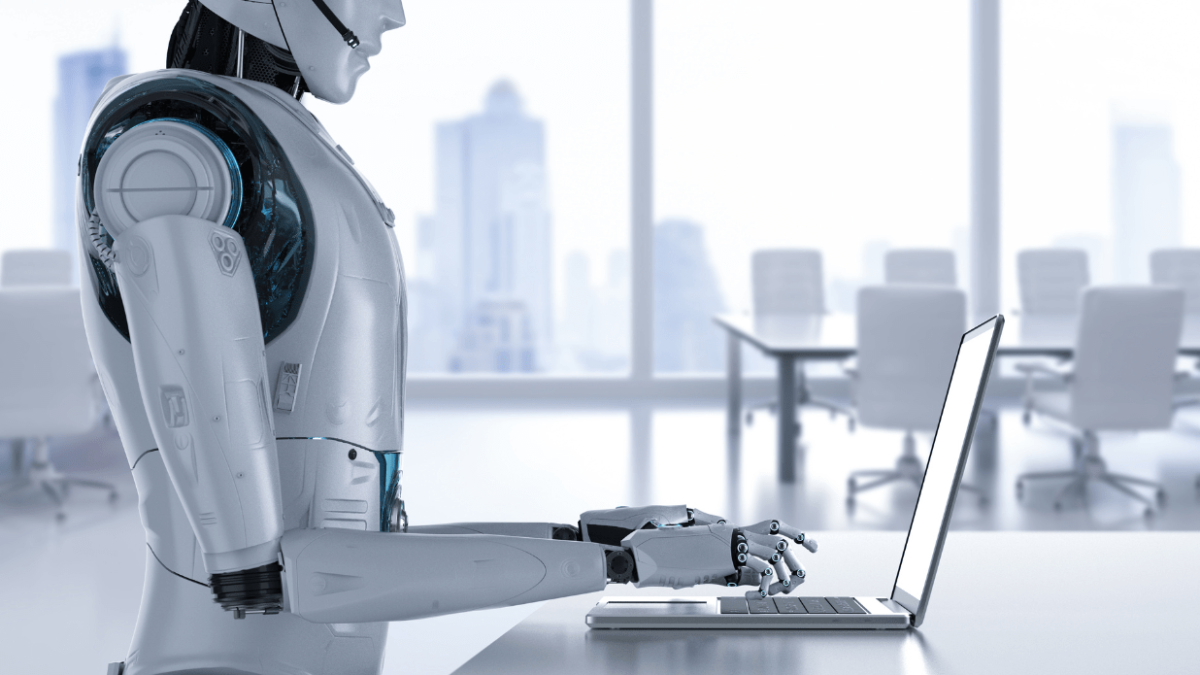ChatGPT (Generative Pre-trained Transformer) is a large language model developed by OpenAI. It is based on the transformer architecture, which was introduced in the paper “Attention is All You Need” by Vaswani et al. in 2017. The transformer architecture uses self-attention mechanisms to process input sequences in parallel, rather than in a sequential manner.
ChatGPT is pre-trained on a massive dataset of text from the internet, which allows it to have a broad understanding of the language and generate natural-sounding text when prompted with a specific context or task. Because it is pre-trained, it can be fine-tuned for specific tasks and applications with relatively small amounts of data.
Some of the applications of ChatGPT includes language Translation, Text summarization, Text completion, Dialogue generation, and Question-answering. It is also used to generate text for chatbots, question answering systems and other AI applications that require human-like language understanding and generation.
ChatGPT, as a large language model, can be used in a variety of ways in the LegalTech field. Some potential use cases include:
* Document generation: ChatGPT can be trained on a dataset of legal documents and then used to generate new documents based on specific prompts. This can help lawyers quickly generate contracts, agreements, and other legal documents.
* Legal research: ChatGPT can be trained on a dataset of legal cases and statutes, and then used to answer legal research questions. This can help lawyers quickly find relevant information for their cases.
* Legal advice: ChatGPT can be trained on a dataset of legal information and then used to provide legal advice to clients. This can help lawyers to assist clients with their legal needs.
* E-discovery: ChatGPT can be trained on a dataset of legal documents and then used to search through large sets of documents for relevant information. This can help lawyers quickly find relevant information in e-discovery cases.
* Predictive analytics: ChatGPT can be trained on a dataset of legal cases and then used to predict the outcome of a case based on the information provided. This can help lawyers to make better decisions.
* Chatbot: A chatbot powered by ChatGPT can be integrated in a legal platform to provide information, answer frequently asked questions and provide basic guidance to clients.
It’s important to note that ChatGPT is a general-purpose model, so it would require specific training data and fine-tuning to be effective in any of these legal tech use cases. Additionally, the implementation of the model would need to be done by developers familiar with the technology.
